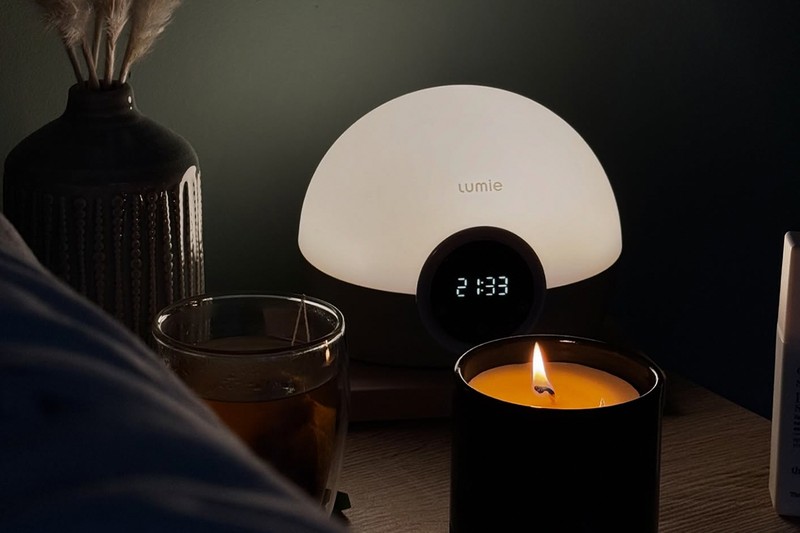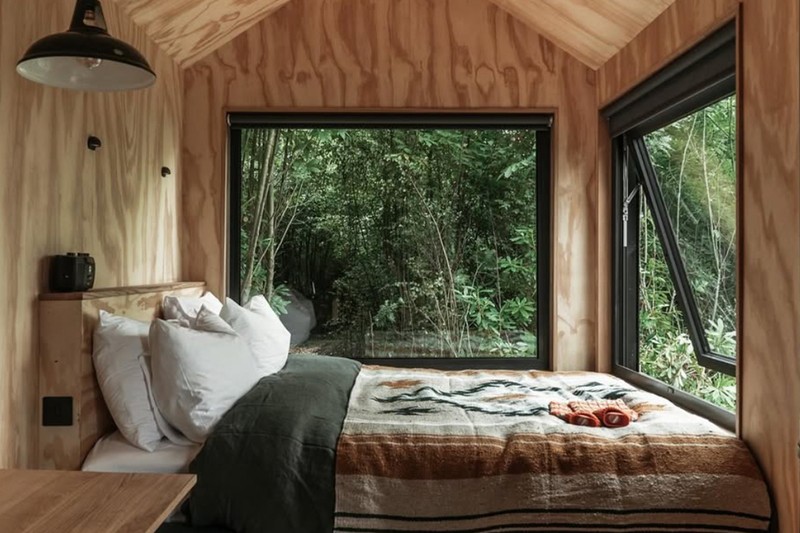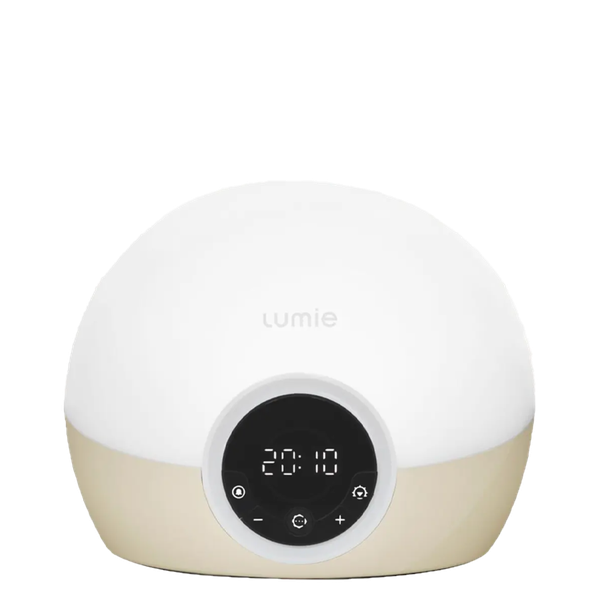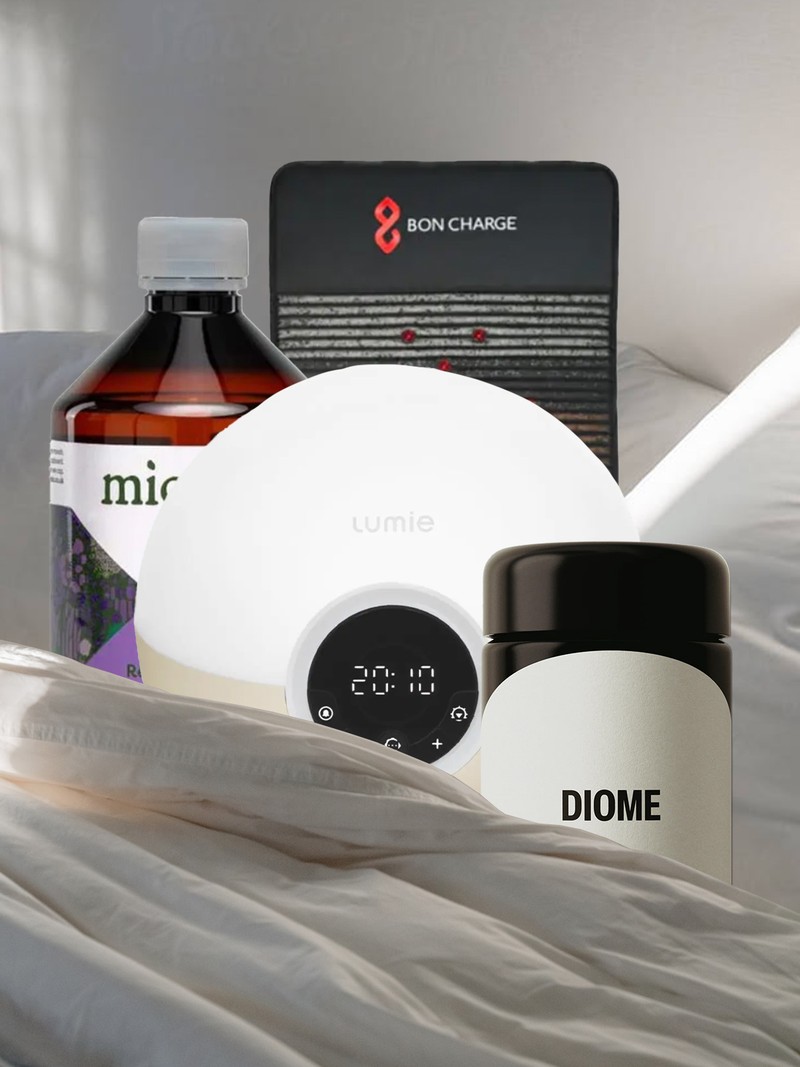
How To Get A Better Night’s Sleep
Recognise The Impact Of Poor Sleep
We all know the foggy, irritable feeling that follows a bad night’s rest, when even the smallest task feels overwhelming. In an age of constant stimulation, quality sleep has become one of the most precious wellbeing commodities. Yet for many of us, a solid night’s rest feels increasingly elusive. NHS England reports that prescriptions for melatonin – a sleep-supporting medication – have risen by 92% in the past five years.
Long-term sleep deprivation isn’t just about feeling tired. Research links it to heart disease, high blood pressure, type 2 diabetes and cognitive decline. Harvard Medical School also notes poor sleep weakens immunity, disrupts appetite hormones and promotes weight gain. In short: lack of sleep chips away at every system in the body. But, with the right nutritional support, targeted supplementation and holistic therapies, it's possible to reset your circadian rhythm and improve the quality of your sleep.
Balance Your Blood Sugar
Nutrition fuels more than just energy – it plays a pivotal role in how well you sleep. Blood sugar spikes and crashes during the day can lead to night-time cortisol surges that wake you up in the small hours. To keep your levels steady, build each meal around a source of protein such as chicken, eggs, salmon or legumes, and pair it with slow-release carbohydrates like oats, sweet potato, dense wholegrain bread, nuts and seeds. Limit refined carbs, sugary snacks and drinks. Start your day with a protein-rich breakfast – think a vegetable omelette or smoked salmon on wholegrain toast – to set the tone for stable energy and calmer nights.
Eat Foods That Support Sleep
Certain foods actively encourage better rest. Almonds and walnuts, rich in magnesium and melatonin, help regulate your sleep cycle. Kiwis are high in antioxidants and serotonin, which can improve both sleep quality and duration. Oats contain melatonin and complex carbs that encourage more tryptophan to reach the brain. Chamomile tea calms the nervous system thanks to apigenin, a sleep-promoting antioxidant. Turkey provides tryptophan to boost melatonin production, while bananas offer potassium and magnesium to relax muscles. Even warm organic milk has its place – its tryptophan content promotes a gentle sense of calm, and for an indulgent twist, you can stir in some Ancient + Brave Cacao & Collagen.
Avoid Sleep Disruptors In The Evening
Just as certain foods help, others can hinder. Caffeine in coffee, tea (including green tea and matcha) and dark chocolate acts as a stimulant, so steer clear at least six hours before bed. Alcohol may make you drowsy initially but disrupts deeper sleep later in the night. Heavy, fatty or spicy meals can trigger indigestion or reflux, and sugary snacks cause sharp blood sugar swings. Large portions of red meat or dense, high-protein meals take longer to digest, keeping the body too ‘active’ for rest. Traditional Chinese Medicine also cautions against cold, raw evening meals, which are thought to disturb digestion and Qi flow, leading to wakefulness.
Add Supplements
Supplements aren’t cure-alls, but once you’ve laid the foundations for good sleep hygiene, they can offer valuable support – especially in busy or stressful times.
Diome’s Rested is a powerhouse of vitamins, minerals, and botanicals that calms the nervous system, eases anxiety, relaxes muscles, reduces inflammation, and supports digestion and detoxification overnight. Ancient + Brave’s True Nightcap blends magnesium, glycine, vitamin C, and zinc with warming ginger and lemon to help you wind down; drink it 90 minutes before bed, and pair with True Ashwagandha for extra support. Eyeam Magnesium Glymphatic Sleepy Butter takes a different approach, delivering magnesium transdermally via the neck and temples to support the brain’s glymphatic ‘clean-up’ system during deep sleep. Lavender and chlorophyll enhance calm by regulating GABA activity.
For those with gut-related sleep issues, Microbz Sleep focuses on the gut-sleep connection, delivering probiotics, valerian and oat straw to support serotonin and melatonin production at their source. Terranova Smooth Mag provides highly absorbable magnesium glycinate with B6 and Montmorency cherry – an easy-to-mix powder to ease tension and promote a deeper night’s rest.
Reset Your Nervous System With Reflexology
Hands-on therapies can be powerful tools for restoring balance. Reflexologist Daisy Robinson explains that stress elevates cortisol, disrupting our natural sleep-wake rhythm. By stimulating reflex points linked to the pituitary, adrenal, and pineal glands, reflexology helps regulate hormones, release stored tension and encourage melatonin production. Many clients drift off mid-session and enjoy their best night’s sleep in years.
At home, you can try simple techniques: massage the tip of your big toe in small circles to calm the nervous system; press gently between your eyebrows for 30-60 seconds to ease tension; or hold the solar plexus point in the centre of your sole or palm for a minute to trigger the parasympathetic ‘rest and digest’ state. Pair these with slow breathing and lavender oil for added relaxation.
Try Acupuncture To Switch Out Of ‘Survival Mode’
Acupuncturist John Tsagaris sees many clients stuck in a ‘tired but wired’ state. Acupuncture works by lowering cortisol, increasing melatonin, and guiding the body back into a parasympathetic ‘rest and repair’ mode.
In Traditional Chinese Medicine, the right foods also support sleep – warm, cooked meals nourish the spleen and heart, while avoiding stimulants and late-night eating prevents liver Qi disruption. Ingredients like barley, lotus seeds, goji berries, and dates are favoured for their grounding, mind-calming effects. Modern nutrition echoes these principles: balanced meals and earlier dinners promote stable sleep.
For self-care at home, John recommends pressing heart 7 (on the inner wrist) and gallbladder 20 (at the base of the skull) for a few minutes before bed, combining the ritual with deep breathing, a warm foot bath, or even tech tools like PEMF mats or Oura Rings to merge ancient wisdom with modern biofeedback.
Go Off-Grid For A Deep Reset
Sometimes the fastest way to restore your sleep rhythm is to step away from screens entirely. At Unplugged cabins across the UK, guests lock away their phones and immerse themselves in nature. In Wales, Llethrau offers forest walks, meditation, and journaling to clear the mind and invite deeper rest. For a full immersion, Unyoked’s minimalist, off-grid cabins are solar-powered, surrounded by nature, and entirely tech-free – a setting that naturally encourages more restorative sleep from night one.
If staying home, create your own digital sunset. Switch off all screens an hour before bed, dim the lights, and spend that time journaling, stretching, or simply sitting in stillness. You don’t have to vanish into the woods to reset – but you do need to make unplugging a nightly habit.
Follow @LUCYMILLERNUTRITION
SHOP LUCY'S FAVOURITES
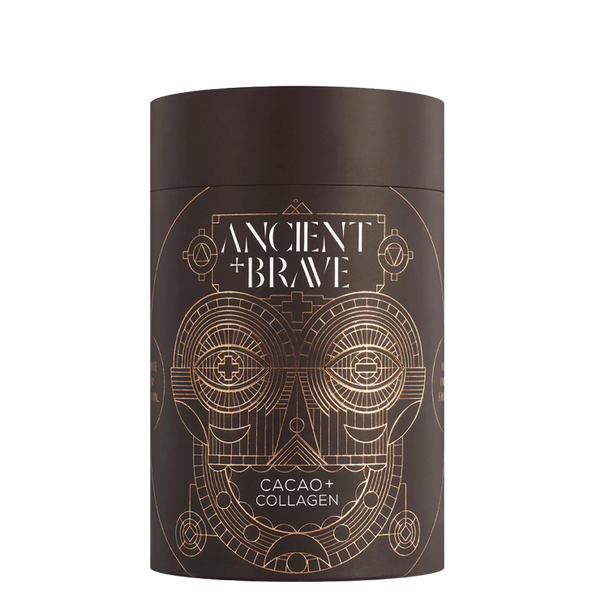

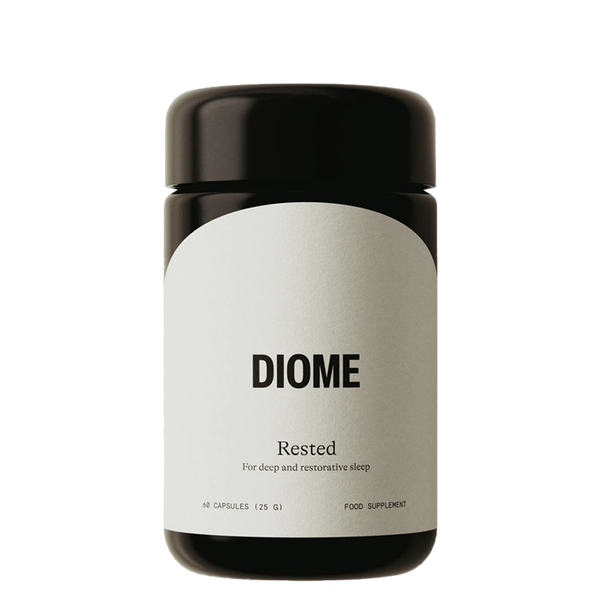
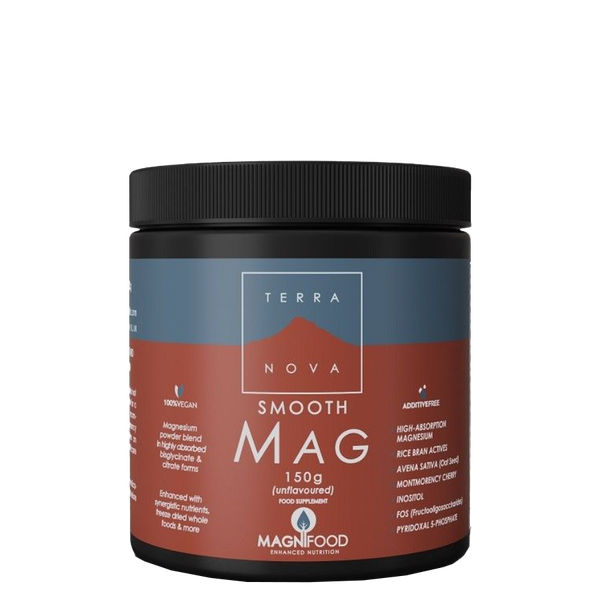
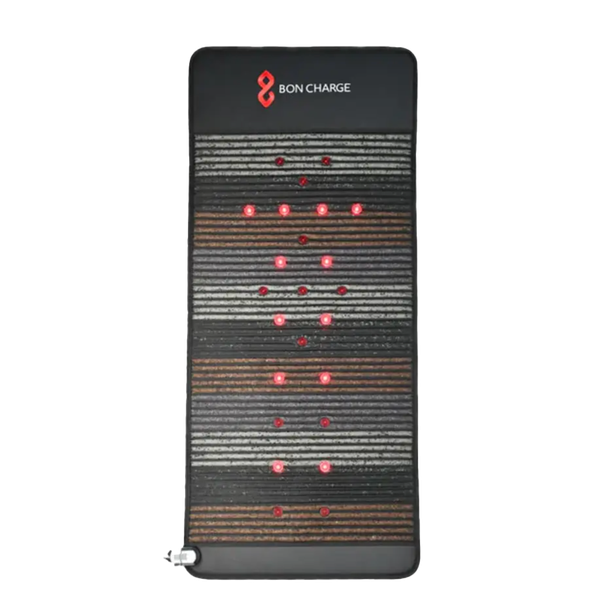
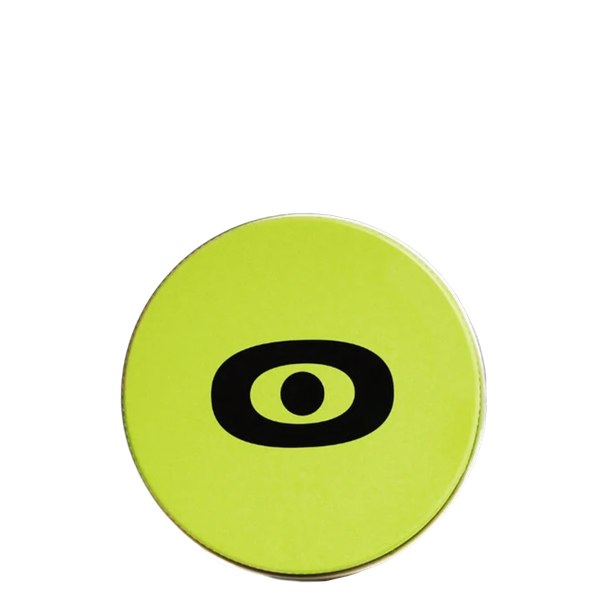

DISCLAIMER: Features published by SheerLuxe are not intended to treat, diagnose, cure or prevent any disease. Always seek the advice of your GP or another qualified healthcare provider for any questions you have regarding a medical condition, and before undertaking any diet, exercise or other health-related programme.
DISCLAIMER: We endeavour to always credit the correct original source of every image we use. If you think a credit may be incorrect, please contact us at info@sheerluxe.com.
